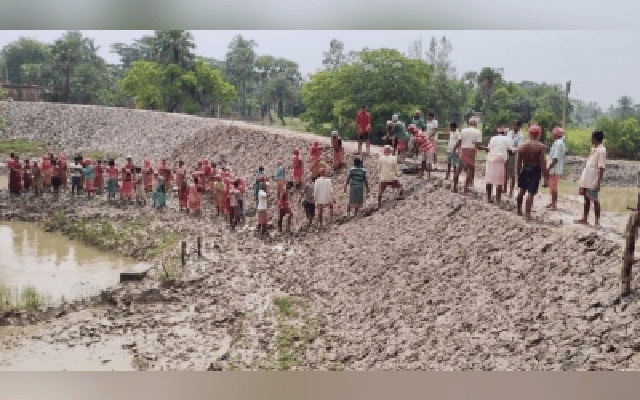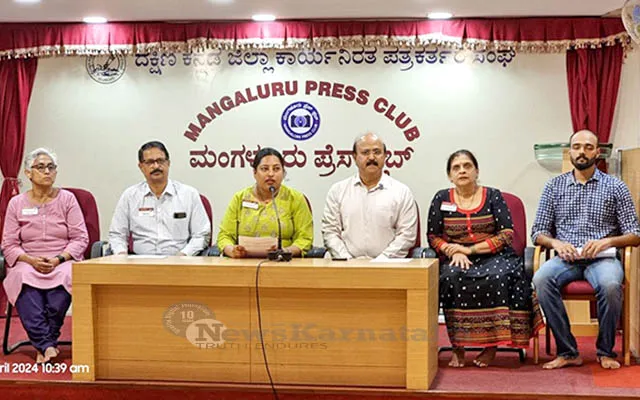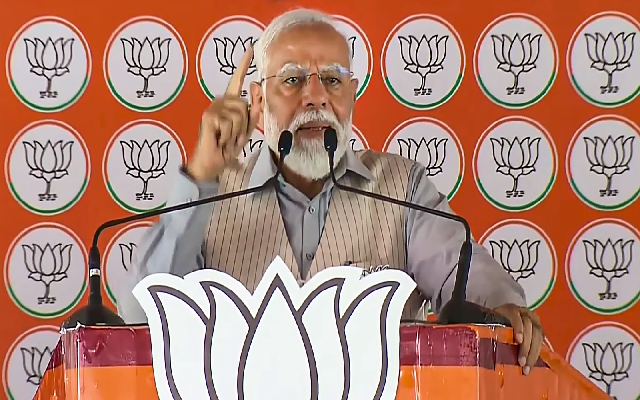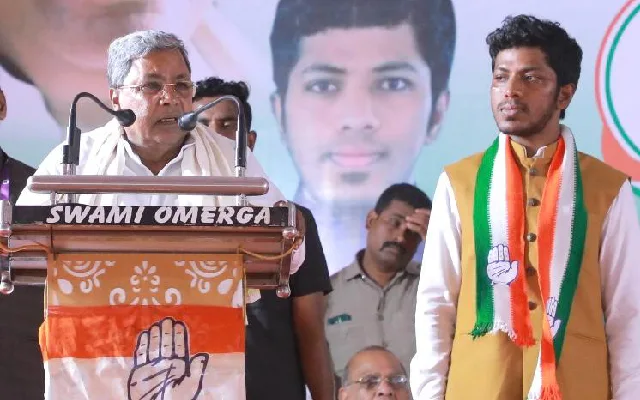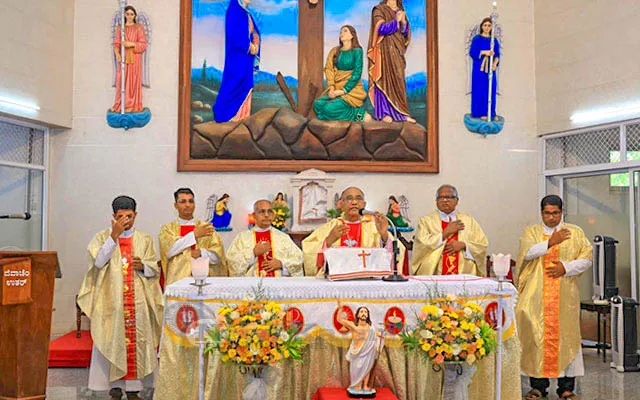Bengaluru: Despite acting as a strong support system for rural Indian households during the Covid-19 pandemic, critical gaps continue to undermine the welfare potential of the Mahatma Gandhi National Rural Employment Generation Scheme (MNREGS), a study has revealed.
The study, conducted by strategic advisory firm Dalberg Advisors, focused on the five states of Andhra Pradesh, Jharkhand, Karnataka, Rajasthan, and Uttar Pradesh which accounted for more than one-third of all employment provided within the scheme and have over 40 per cent of the registered MGNREGS workers in the country.
A report titled, “The state of rural employment: A look at MGNREGS across 5 states in India”, was released on Friday.
Along with understanding beneficiaries’ experience with MGNREGS, the report is among the first to spotlight challenges and perspectives of local administrators that can be useful for long term policy action and implementing immediate solutions at the frontline.
“Our study underscores the well-documented need to increase the availability of work, especially for women who continue to be disproportionately left out and too often experience discrimination when they try to obtain work through the scheme. We find that a few critical process improvements, to the application process in recording demand, and work planning, could have an outsized role in meeting the demand for MGNREGS work and delivering it more effectively. These changes offer an opportunity to further deepen the impact of one of India’s most important social protection schemes,” said Swetha Totapally, Partner, Dalberg Advisors.
The report points out that MGNREGS had strong coverage among rural households, and still more individuals wanted a job card. While all the households that demanded employment under MGNREGS received it, most of them received less work than they wanted.
The report, supported by Omidyar Network India, an investment firm focused on impact, highlights the steep barriers that women face, relative to other segments, in accessing work under MGNREGS.
It was also found that while wages were paid to almost all employed, payments were delayed for most households.
One fifth of all job card holders had a grievance and most sought redressal. Of those who sought redressal more than half received partial to full resolution
Other findings include, employment demand projections, which are needed to support MGNREGS implementation, were available in eight out of 10 gram panchayats.
However, gram panchayats lacked adequate staff strength and technical skills to seamlessly implement MGNREGS.
“Digitisation and technical developments have enabled faster and broader coverage of beneficiaries for various public schemes in India. While there have been past studies on the impact of and benefit of MGNREGS, this study aims to highlight simple and practical modifications that can make the scheme even more inclusive and accessible,” said Shilpa Kumar, Partner, Omidyar Network India,
Dalberg used a robust, mixed methods approach with two surveys as core instruments involving 4600 potential and current MGNREGS beneficiaries and 1,500 local administrators from the gram panchayats.







